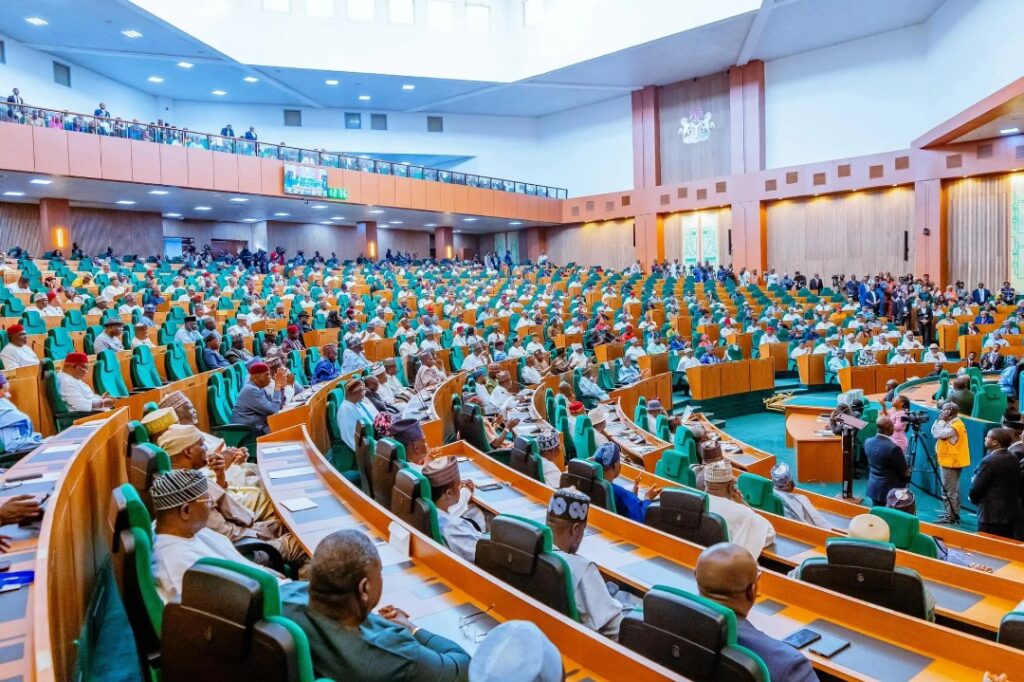As preparations quietly begin for the 2027 general elections, several lawmakers in the House of Representatives have called for urgent electoral reforms aimed at strengthening Nigeria’s democratic process and ensuring transparency, credibility, and inclusivity in future polls.
This push is coming as the House Committee on Constitution Review considers multiple bills seeking to amend key provisions in the Electoral Act, 2022.
Some of the prominent issues up for review include the electronic transmission of election results, diaspora voting, the conduct of all national elections on a single day, and the introduction of independent candidacy. Lawmakers say these reforms are essential to rebuild public confidence in Nigeria’s electoral system and guarantee fair outcomes.
Kingsley Chinda: INEC must be neutral in election disputes
House Minority Leader, Kingsley Chinda, stressed the urgency of passing a new Election Petition Tribunal Act before the 2027 elections.
Speaking, the Rivers lawmaker argued that the Independent National Electoral Commission (INEC) should not be a litigant in election disputes.
“The Election Petition Tribunal Act should be passed. INEC should not be a party to election matters but should only be compelled to produce evidence, with punishments for failure to do so,” he said.
Chinda also proposed compulsory electronic transmission of election results from polling units and called for legislation to outlaw religious influence on voters during campaigns.
He further recommended scrapping by-elections to fill vacant legislative seats, suggesting instead that the affected political party be allowed to nominate a replacement to complete the tenure.
“There should be no general by-election to fill vacant seats. The political party whose member occupied the office now vacant should be allowed to bring another qualified candidate to conclude the tenure.”
Oluwole Oke: Nigerians underrepresented
Chairman of the House Committee on Foreign Affairs, Oluwole Oke, representing Oriade/Obokun Federal Constituency in Osun State, called for reforms that would enable INEC to conduct constituency delineation, noting the country’s population growth over the last 24 years.
“INEC should comply with the provision of law on constituency delineation. Nigerians are not adequately represented in the parliament both at the state and national levels,” he stated.
Oke also pushed for the inclusion of independent candidacy in the Electoral Act to give more Nigerians a chance to participate in the democratic process outside of party politics.
Kolawole Akinlayo: Let INEC conduct LG elections
Also weighing in, Kolawole Akinlayo, who represents Moba/Ilejemeje/Ido Osi Federal Constituency in Ekiti State, advocated for constitutional amendments to allow INEC to take full control of local government elections across the country.
“I want INEC to conduct all local government elections in the country,” Akinlayo said, suggesting that doing so would help end the widespread manipulation of grassroots elections by state electoral bodies.
The ongoing constitutional review process presents a key opportunity for Nigeria’s National Assembly to address long-standing concerns surrounding the conduct of elections in the country.
With political stakeholders beginning to position themselves for 2027, these reforms could redefine electoral integrity, citizen participation, and institutional neutrality in the democratic space.



